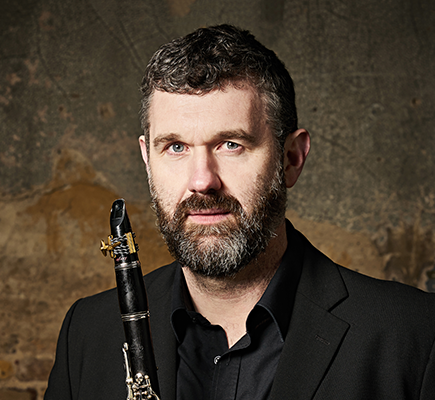
Matthew Hunt & Tim Horton; Castle Howard Long Gallery, July 21
TUCKED down slightly apologetically at one end of the Long Gallery at Castle Howard, when performers are usually in its centre, Matthew Hunt and Tim Horton’s clarinet and piano made a short tour around Fantasy Pieces by Schumann, Widmann and Ireland. Shorter perhaps than it might have been, at rather under 40 minutes, but these days we must be grateful for small mercies.
They were certainly worth waiting for. Schumann’s Three Fantasy Pieces, Op 73 all date from February 1849, one of the composer’s most fertile periods, and are also related by key, the first being in A minor and its partners in A major.
In his introduction, Hunt referred to them as a mini song-cycle, and his own legato was distinctly song-like. In the first, marked Zart und mit Ausdruck (tender and with expression), it was a joy to hear the main melody so soulfully weaving between the two players, with Horton’s keyboard coming subtly to the fore when opportunity allowed. Both players brought delicate touches to the light central piece, bursting into much greater passion in the finale.
A clarinettist himself, the German composer Jörg Widmann wrote his solo Fantasie in 1993, at the age of 20. It has become something of a calling-card for the instrument. Its restless range of extended techniques was smoothly negotiated by Hunt, who seemed to revel in its wave-like motions. Still, it is a work that prompts awe rather than outright pleasure.
John Ireland’s 1943 piece, Fantasy-Sonata in E flat, was apparently inspired by his evacuation by sea from Guernsey when the German occupation began. Certainly there is a persistently undulating figure in the piano that provides a watery backdrop.
But in other respects, while Hunt maintained a lyrical brio in the clarinet, Horton refused to allow the lush piano part to overshadow him. Only in the march-like closing section did both players spring clear of Ireland’s rhapsodic moods to reach a triumphant conclusion – presumably on the mainland.
Review by Martin Dreyer
